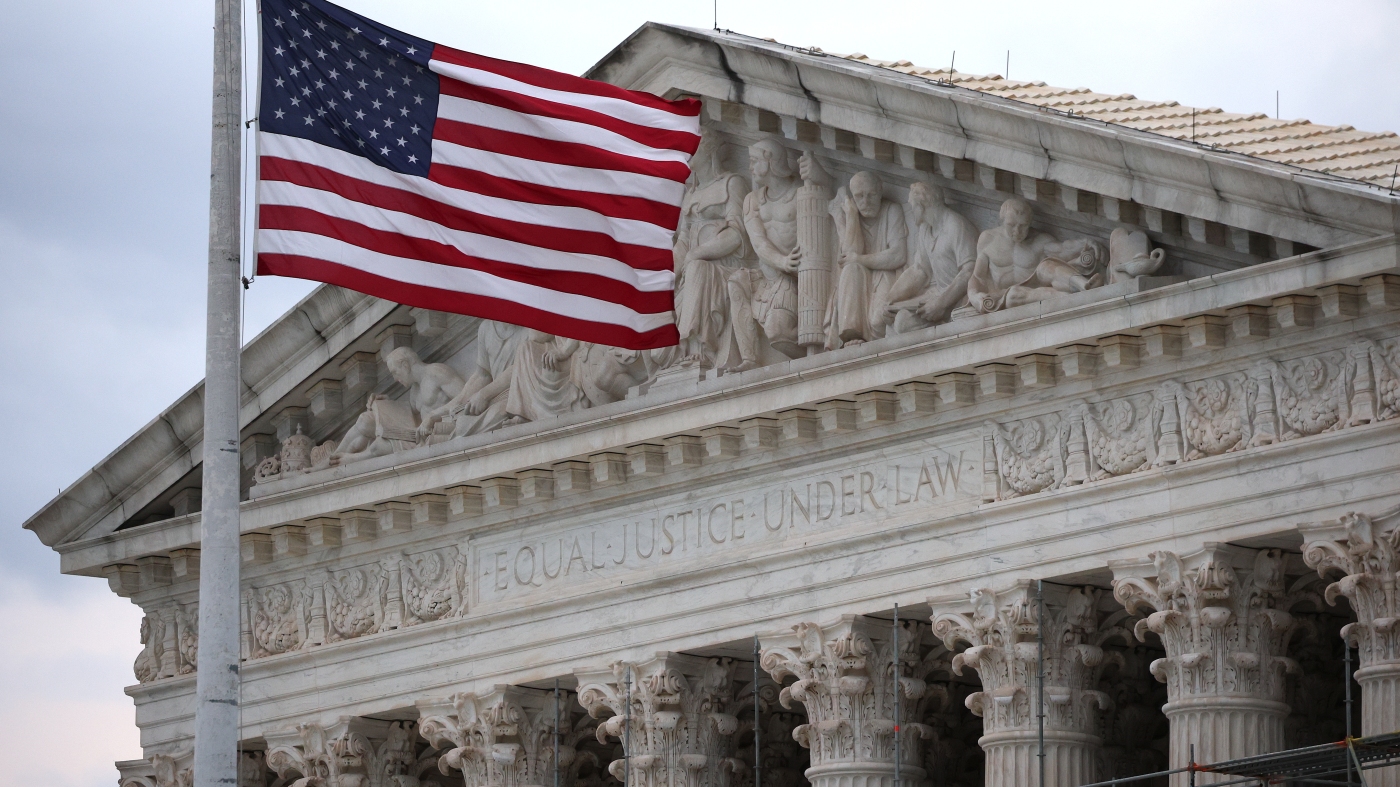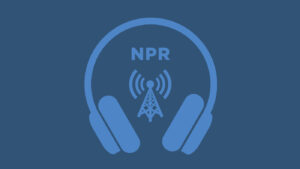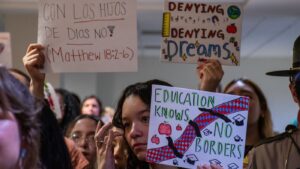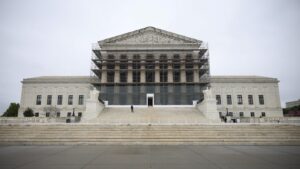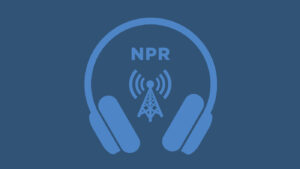Supreme Court to Weigh in on Religious Charter Schools and Public Funding
The U.S. Supreme Court is set to hear a pivotal case that could reshape the landscape of public education across the nation. At the heart of the debate is whether religious schools should be eligible for public funding as charter schools, a decision that could have far-reaching implications.
Oklahoma, like 45 other states, has implemented a charter school system designed to provide schools with greater flexibility and the ability to specialize. These schools, however, are classified as public institutions under state and federal law, receiving funding and oversight from the state. Crucially, they are required to remain non-sectarian.
St. Isidore of Seville Catholic School, alongside two Catholic dioceses, attempted to establish a virtual charter school in Oklahoma City and Tulsa. Despite support from the state school superintendent, the Oklahoma Supreme Court ruled that incorporating religious schools into the charter system would breach both state and federal constitutional provisions.
St. Isidore has since taken their case to the U.S. Supreme Court. James Campbell, the school’s attorney, argues that excluding religious schools constitutes discrimination against religious groups. “You can’t create a public program and then just simply say that no religious organization can apply,” Campbell asserts.
The school’s legal team claims that including religious organizations in charter programs would offer families a “true choice.” Campbell highlights that participation in these schools is determined solely by parental choice.
Opponents, however, cite the First Amendment, which prohibits state establishment of religion. They argue that St. Isidore’s religious nature, described as a “genuine instrument of the church,” would conflict with established rulings against religious instruction in public education.
Oklahoma’s Republican Attorney General, Gentner Drummond, opposes St. Isidore’s bid. “Religious liberty is really the freedom to worship. It is not taxpayer-funded, state-sponsored religious indoctrination,” he contends, emphasizing that the framers of the constitutions intended to protect religious freedom by preventing state-sponsored religion.
Campbell, representing St. Isidore, counters by stating that allowing all groups, religious or not, to apply for public programs does not equate to endorsing religion. “The money is flowing as a result of the parent’s private choice to choose a charter school,” he explains.
Gregory Garre, representing Oklahoma, argues that St. Isidore seeks the benefits of public funding without adhering to public school obligations. He points out that the school’s handbook mandates students to respect and sometimes participate in Catholic practices.
Drummond warns that permitting religious charter schools could lead to other groups, including those with potentially controversial beliefs, seeking public funding. “Substitute satanic beliefs, Wiccan, Muslim, Sharia, Jewish — whatever you want to substitute,” he cautions.
Complicating the case is Justice Amy Coney Barrett’s recusal, potentially due to her connections with St. Isidore’s early advisor, Nicole Garnett. Without Barrett, the Supreme Court could reach a tie, thereby upholding the Oklahoma Supreme Court’s decision and requiring proponents of religious charter schools to find another case to challenge.

